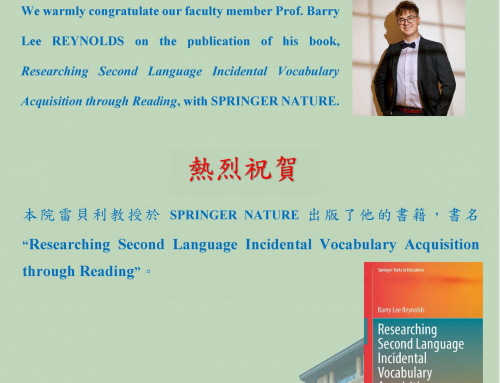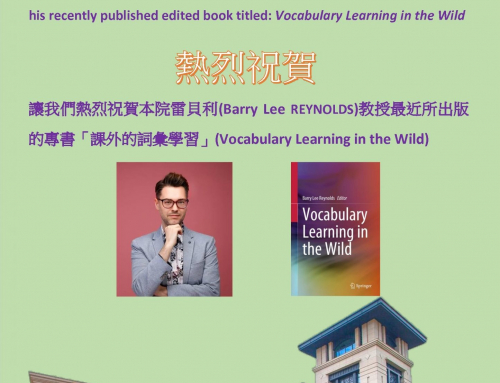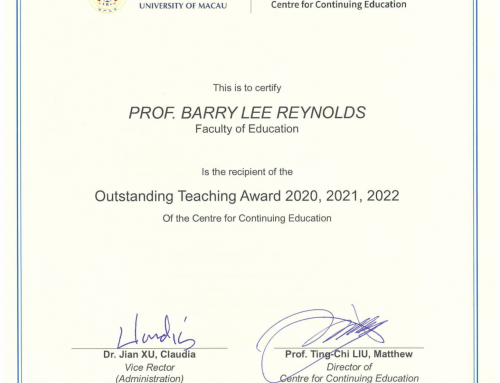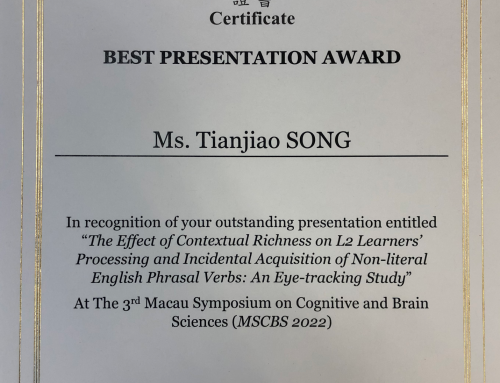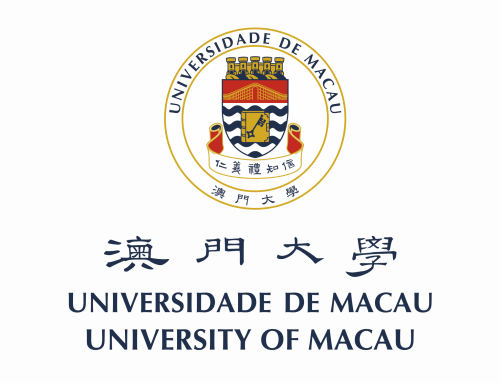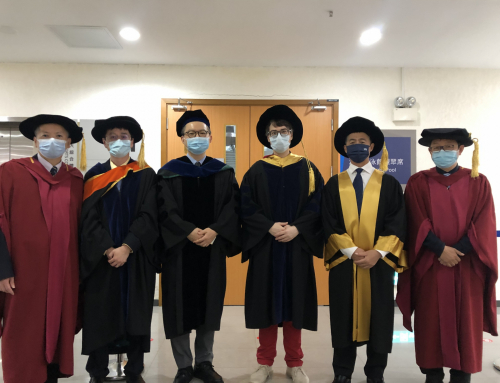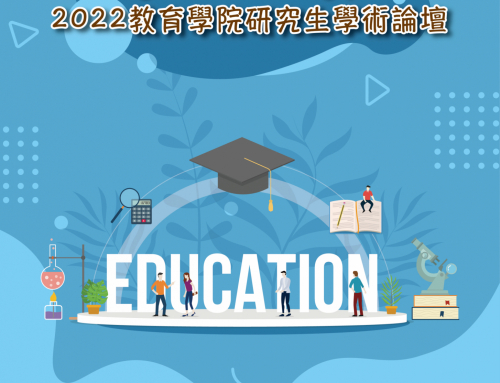Incidental and Informal Vocabulary Learning
Guest Editors
Barry Lee Reynolds, Faculty of Education/Centre for Cognitive and Brain Sciences, University of Macau
Mark Feng Teng, Department of Education Studies, Hong Kong Baptist University/Faculty of Education, University of Macau
Background
Opportunities for the incidental learning of vocabulary have multiplied due to an increased access to the English language through media, especially the Internet. Incidental and informal vocabulary learning beyond the classroom is a field whose development has been influenced not only by quickly changing technology but also by growing access to language input provided by these technological advancements. Recent research has indicated that the incidental learning of vocabulary can occur through the watching of TV programs, movies with subtitles, listening to music, playing video games, and other extracurricular activities, yet there still seems to be a disconnect between what researchers are noting that occurs informally outside the classroom and what teachers are suggesting should occur formally inside the classroom. In other words, a bridge between what teachers do inside the classroom and what the learners continue doing outside the classroom is needed. In response to the need of using various pedagogies in promoting research and scholarship on incidental and informal vocabulary learning beyond the classroom, this special issue intends to bring new ideas about informal and incidental vocabulary learning to the forefront of English instruction. It is essential to find ways to disseminate good practice and, perhaps most importantly, to integrate innovative approaches across curriculums, institutions, and contexts to broadly influence vocabulary learning. For these reasons, this special issue welcomes submissions that advance the mission to disseminate scholarly studies related to incidental and informal vocabulary learning.
Call for Proposals
Given the difficulties learners have in developing a sufficient English vocabulary for various language learning purposes, this special issue seeks proposals of all submission categories focusing on the incidental and informal learning and teaching of vocabulary. The goal of the issue is to provide TESOL professionals a better understanding of the opportunities for informal and incidental vocabulary learning in multiple contexts of English language education across the world. The studies in this issue will explore how incidental and informal vocabulary learning may complement the intentional vocabulary learning and teaching that occurs within the classroom. Thus, we specifically call for papers which explore the relationship between intentional and incidental vocabulary learning; incidental vocabulary learning and task development; technology and incidental vocabulary learning; media consumption and informal vocabulary learning; students’ and teachers’ perceptions of incidental and informal vocabulary learning; and the potential of informal vocabulary learning.
Potential topics include but are not limited to:
- Incidental vocabulary learning through digital gaming
- Relationship between intentional and incidental vocabulary learning
- Task involvement in informal vocabulary learning tasks
- Vocabulary curriculum development for integrating in-class formal and out-of-class informal learning
- Effective approaches for enhancement of incidental vocabulary learning in informal learning contexts
- Assessment of informal vocabulary learning
- Mobile-based informal vocabulary learning
- Technology and informal vocabulary learning
- Motivation and incidental or informal vocabulary learning
- Students and teachers’ perceptions of incidental and informal vocabulary learning
- Media consumption and incidental vocabulary learning in informal contexts
- Multimodality and incidental vocabulary learning
- Incidental and informal vocabulary learning through multimedia technology
- Incidental and informal acquisition of collocations and multiword units
- Incidental and informal vocabulary learning in virtual reality or augmented reality
- Informal and incidental vocabulary learning strategies
Submission Process
Contributions in all TESOL Journal’s genres are welcome, including Feature Articles (Research-Based Features, Theory- or Concept-Based Practice Features), Research Briefs, Current Issues in TESOL, Classroom Explorations, Materials & Media Reviews, and Readers Respond. Descriptions of these genres can be found in TESOL Journal’s author guidelines. If you are interested in submitting a manuscript, please e-mail a document file to tesol2021@gmail.com containing 200–300 word abstract along with a cover page containing author name(s), affiliation(s), and contact e-mail address. Authors of selected abstracts will be invited to submit full versions of their manuscripts for review. Note that an invitation to submit a full manuscript does not guarantee publication; final decisions will be made through a blind peer review process. If you have any questions, feel free to contact us at tesol2021@gmail.com.
Deadlines
- Abstract submission: June 15, 2020
- Notification for inviting full manuscripts: July 15, 2020
- Full manuscripts due: December 31, 2020
- Publication of special issue: September or December 2021 issue


